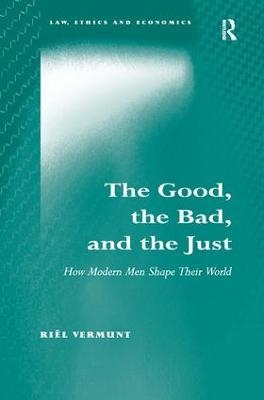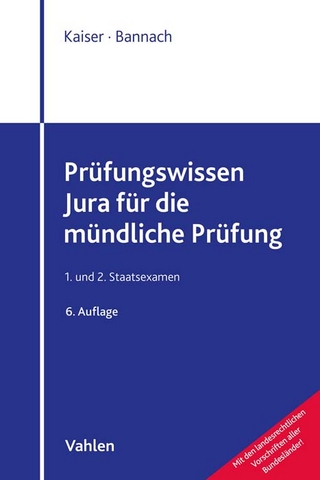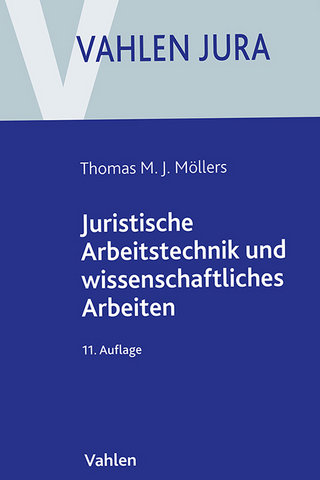
The Good, the Bad, and the Just
How Modern Men Shape Their World
Seiten
2014
Routledge (Verlag)
978-1-4094-6845-5 (ISBN)
Routledge (Verlag)
978-1-4094-6845-5 (ISBN)
Drawing on multidisciplinary findings and ideas, this book offers explanations as to why, how and to what extent, people, in an effort to attain justice, allocate social resources between self and others and among others. The role of the essential features of allocation behaviour are examined in the newly developed Justice Model.
Drawing on multidisciplinary findings and ideas, this book discusses fair allocation of social resources, such as goods, services and information, in a novel and integrated way. The role of the essential features of allocation behavior: motivation, cognition and emotion, as well as morality and reactions to perceived unfairness are examined in the newly developed Justice Model. The author offers explanations as to why, how and to what extent, people, in an effort to attain justice, allocate social resources between self and others and among others. It is held that the allocation event, featuring actor, recipient and observer, as well as the resources to be allocated by an actor, can function as a guideline for the essentials of fair behavior. The work explores the conditions under which an actor may deviate from a just division of social resources thus instigating a reaction from recipients and observers. The study covers various levels of analysis ranging from the intra-personal to the societal. The book will be of interest to academics and researchers working in the areas of crime, law, justice, public policy and governance.
Drawing on multidisciplinary findings and ideas, this book discusses fair allocation of social resources, such as goods, services and information, in a novel and integrated way. The role of the essential features of allocation behavior: motivation, cognition and emotion, as well as morality and reactions to perceived unfairness are examined in the newly developed Justice Model. The author offers explanations as to why, how and to what extent, people, in an effort to attain justice, allocate social resources between self and others and among others. It is held that the allocation event, featuring actor, recipient and observer, as well as the resources to be allocated by an actor, can function as a guideline for the essentials of fair behavior. The work explores the conditions under which an actor may deviate from a just division of social resources thus instigating a reaction from recipients and observers. The study covers various levels of analysis ranging from the intra-personal to the societal. The book will be of interest to academics and researchers working in the areas of crime, law, justice, public policy and governance.
Dr Riël Vermunt is Associate Professor of Social and Organizational Psychology at Leiden University, the Netherlands. He has authored and co-authored many articles and chapters on justice and co-edited several volumes in English and Dutch. He is one of the founders of the International Society of Social Justice Research and is the recipient of the International Society for Justice Research lifetime achievement award for 2014. In 1987 he founded the Dutch journal Gedrag en Organisatie (Behavior and Organization).
The Good, the Bad, and the Just
| Erscheint lt. Verlag | 16.4.2014 |
|---|---|
| Reihe/Serie | Law, Ethics and Economics |
| Verlagsort | London |
| Sprache | englisch |
| Maße | 156 x 234 mm |
| Gewicht | 771 g |
| Themenwelt | Recht / Steuern ► Allgemeines / Lexika |
| Recht / Steuern ► EU / Internationales Recht | |
| Sozialwissenschaften ► Soziologie | |
| ISBN-10 | 1-4094-6845-3 / 1409468453 |
| ISBN-13 | 978-1-4094-6845-5 / 9781409468455 |
| Zustand | Neuware |
| Informationen gemäß Produktsicherheitsverordnung (GPSR) | |
| Haben Sie eine Frage zum Produkt? |
Mehr entdecken
aus dem Bereich
aus dem Bereich
Klausuren, Hausarbeiten, Seminare, Bachelor- und Masterarbeiten
Buch | Softcover (2021)
C.H.Beck (Verlag)
12,90 €
Buch | Softcover (2024)
Franz Vahlen (Verlag)
24,90 €


